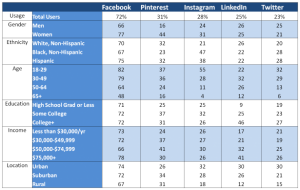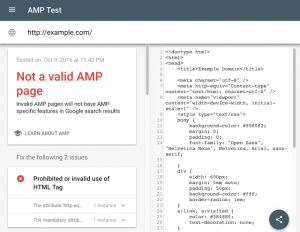The Gradient will help advertisers address the evolving complexities of data privacy, user consent and personalized targeting.
InMobi has launched InMobi Addressability Gradient to aid marketers in the transition to an era without third-party cookies and with more privacy restrictions. The platform promises to maximize content personalization while upholding data privacy and user consent.
The company says it has options to adjust to changing consumer behaviors, from precise ID-based targeting to privacy-conscious ID-less approaches.
Why we care. The more tools the better when it comes to dealing with consumer identity challenges. This is a huge issue that seems to be getting more complex by the day. A greater variety of approaches to the problem makes it more likely that marketers can find one that fits their needs best.
“In the evolving landscape of ad tech, the ability to understand audience signals and use them to enhance media strategies and creative executions has become increasingly refined; [with] the Gradient, advertisers can continue to deliver relevant, effective and privacy-conscious advertising experiences to consumers,” Todd Rose, senior vice president of addressability at InMobi, said in a statement.
The Gradient claims to use a variety of identifiers like mobile advertising identifiers (MAIDs) and to have interoperability with people-based identifiers such as LiveRamp’s RampID. InMobi says that when used in conjunction with the company’s ID Graph, Gradient can provide precise targeting, the result of finding connections between users with shared interests.
The post InMobi launches new identity resolution tool appeared first on MarTech.
MarTech(17)
Report Post







